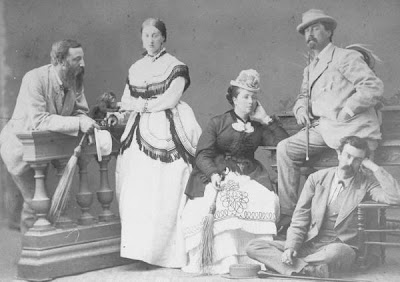It is difficult to stop seeing the news as an action movie when big World events are breaking around us. Excited news reporters voices sound like children at Christmas telling us gleefully that history is being made. It is exciting to see possible World changing events happening in front of us and the Egyptian street riots are undoubtedly important to all of us.
President Mubarak’s 30 year rule appears to be coming to an end with hundreds of thousands of people taking to the streets calling for his fall. Exciting times for Egypt, of course, but also a significant moment, hopefully, for the World.
Here in the West, we watch breathlessly as we remember the collapse of the Soviet system and the fall of the Berlin Wall. Then we thought, naively maybe, that the World was changing from Cold War to global peace. The euphoric bubble was burst on 9/11 or maybe, more accurately, by America’s response to 9/11. East and West no longer meant Soviet-American hostility, it was now the conflict between extreme Islamic fundamentalism and “the West.”
Those hopeful Berlin days soon led to Al Queda atrocities and the savage wars in Iraq and Afghanistan and now, we in the West, speculate about the chances of another fundamentalist Islamic theocracy taking root in the Middle Eastern country that we most relied upon to protect “Western interests”.
We are worried too about our holidays – our package trips to Luxor and the Valley of Kings. We worry about those Egyptian museums with the priceless antiquities that we all studied at school. A large part of Egypt, we believe belongs to all of us.
Of course, in the days of the British Empire, Egypt did belong to us and even now, in post-Imperial days, there remains a familiarity about Egypt which draws us in to the present crisis.
That strangely incongruous statue on the banks of the Thames in London is a memorial to the British soldiers of the Imperial Camel Corps, who died in the Egyptian military campaigns of the Nineteenth Century.
Then we, in the West, worry about the Suez Canal that economically vital North African seaway from Europe to Asia. Washington once rightly disapproved of Britain’s disastrous invasion of Egypt in 1956 at another moment of historic regime change. Now it will be America who is principal Western policeman – let’s hope they respond more calmly than the British government of Anthony Eden.
In the end, I am feeling optimistic about these amazing Egyptian television images. Could it be that this is not just the end of a nasty old autocrat but the beginning of the end of autocracy and even theocracy in the Middle East, as the people wake up to their right to freedom of religion, freedom of speech and freedom from poverty. It could even spell the true dawn of that World shift that thrilled me when the Berlin Wall tumbled. If not, another great opportunity will be lost. I hope too that a democratically liberated Middle East might decide to be generous to their problematic neighbour, Israel.
We may worry about our holidays and our shipping, but there are many desperately poor Egyptians who just need a break. Good luck to them.







